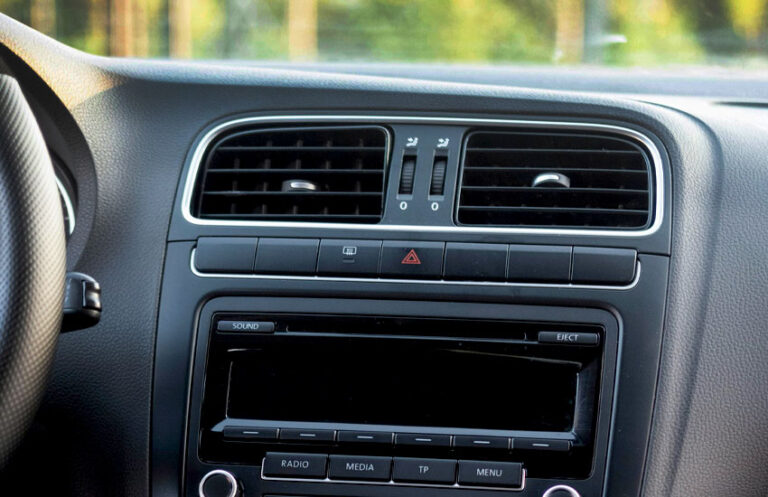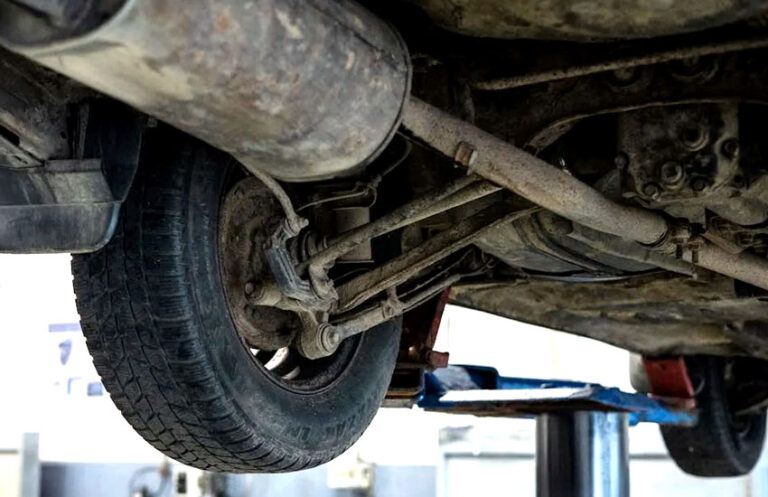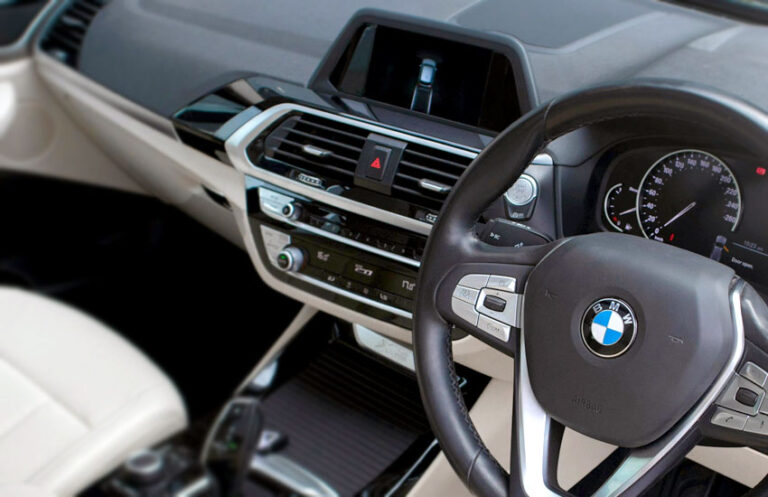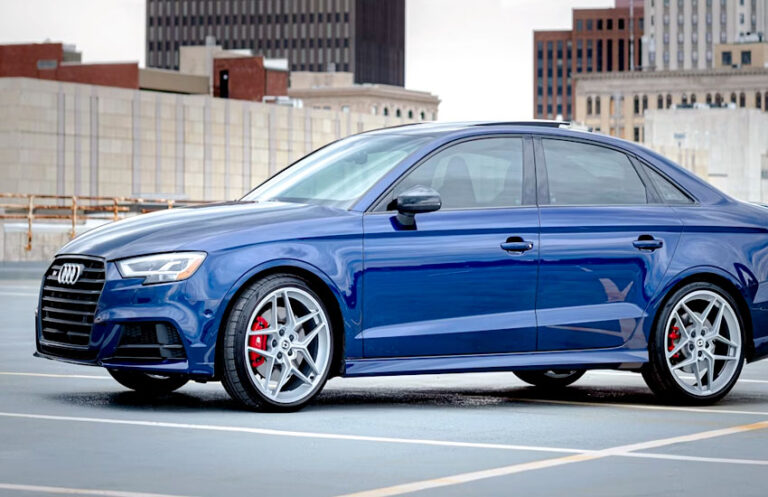Have you ever been cruising along at a slow speed and suddenly heard a strange rubbing noise when you turn? It’s annoying, isn’t it? You’re not alone! This type of noise can be pretty common, and although it might sound scary at first, most of the time, it’s something that can be easily fixed. So, if you’re wondering why your car makes that annoying rubbing sound when you’re turning and how to fix it, keep reading!
In this article, we’ll break down what causes this noise and guide you step by step on how to fix it. We’ll also dive into tips for preventing it in the future. Don’t worry, we’ll keep things simple and clear, so you feel confident in tackling the problem yourself or knowing what to ask for when you take your car to the mechanic. Let’s get started!
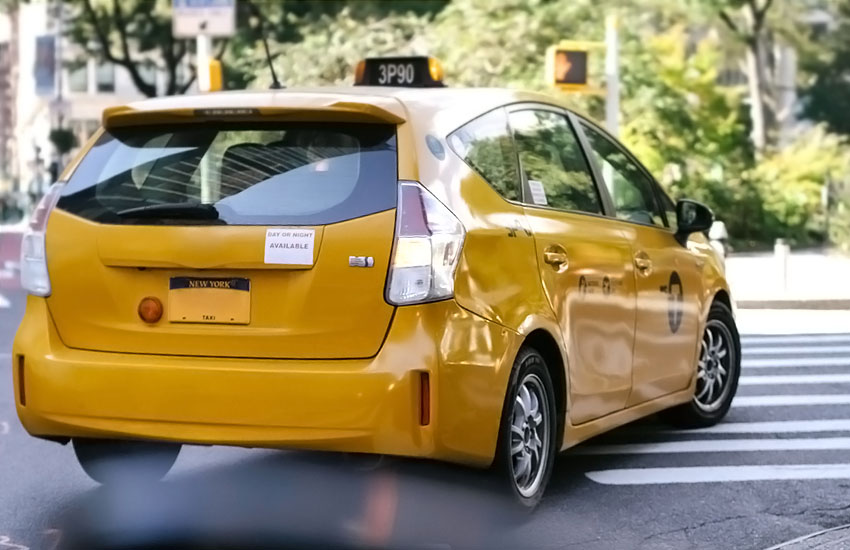
What Causes Rubbing Noise When Turning at Slow Speeds?
When you hear that rubbing noise while turning slowly, it’s often a sign of something rubbing against something else. But what exactly? The cause can vary, and sometimes it’s not even something serious. So let’s break down some of the common causes:
Worn-Out Brake Pads
One of the most common causes of rubbing noises while turning is worn-out brake pads. Brake pads, especially when they get too thin, can create noise as they rub against the metal parts of the brake system. If your brake pads are too old, the metal backing plate can cause a grinding or rubbing noise when you turn. The friction can be more noticeable at slow speeds, making it easier to hear.
Issues with the Power Steering System
If your car has hydraulic power steering, you might be hearing a rubbing noise when turning because of issues with the power steering system. Low fluid levels or a malfunctioning power steering pump can cause strange sounds. This is often more noticeable when the car is turning slowly, as the system is under more strain at slower speeds.
Tire Problems
Another common cause of rubbing noises is your tires. If your tires are old, unevenly worn, or the wrong size, they may rub against the wheel wells or other parts of the suspension system. This can lead to a constant rubbing or scraping noise, especially when turning.
Misaligned Suspension or Steering Components
If your suspension or steering components are misaligned, it can cause rubbing noises when turning at low speeds. For example, if a suspension component is worn or loose, it can cause parts to rub together when the vehicle turns. This type of issue might also cause uneven tire wear.
Dirt or Debris in the Wheel Well
Sometimes, it’s not a mechanical problem at all! Dirt, gravel, or other debris can get stuck in your car’s wheel wells, causing rubbing noises when you turn. It’s one of those easy fixes, but if not addressed, it can lead to more serious damage.
How to Fix Rubbing Noise When Turning at Slow Speeds
Now that you know the possible causes of the rubbing noise, let’s dive into how you can fix it. We’ll cover everything from DIY fixes to knowing when it’s time to call in a professional.
Step 1: Inspect Your Brake Pads and Rotors
If you suspect that the rubbing noise is coming from your brake system, you’ll want to start by inspecting your brake pads and rotors. Brake pads are easy to check by taking off the wheel and looking at the thickness of the pads. If the brake pads are very thin (less than 1/4 inch thick), it’s time to replace them.
Also, check the rotors for any grooves, scratches, or damage. Worn-out rotors can also cause noise. If you’re not sure how to check your brake pads or rotors, don’t worry! A trusted mechanic can do this for you and replace them if needed.
Step 2: Check the Power Steering Fluid and System
If your rubbing noise happens when you’re turning and you think it could be related to the power steering, the first thing to do is check the power steering fluid. Look under the hood and find the power steering reservoir. If the fluid level is low, top it up with the appropriate power steering fluid for your car. If this doesn’t fix the noise, there might be a deeper issue with the power steering pump or hoses, and you should have a mechanic check it out.
Step 3: Inspect Your Tires
To check if the noise is coming from your tires, look at the tread pattern. Uneven wear or flat spots on the tires can cause them to rub against parts of the car. Also, make sure your tires are the correct size for your car. If they’re too large or too small, they may rub against the wheel wells, especially when turning.
You can also check the inside of your tire for any foreign objects that might have gotten stuck, such as nails, rocks, or debris. These can cause rubbing and scraping noises.
Step 4: Check for Suspension Issues
Suspension issues are a bit more complicated, but if you notice any abnormal noises, it’s worth checking your suspension components. Look for worn-out bushings, loose parts, or broken suspension components. If you don’t have the knowledge to inspect these parts, it’s best to take your car to a professional mechanic who can diagnose the issue.
Step 5: Clean Out the Wheel Wells
If debris in the wheel well is the culprit, cleaning it out might be all you need to do. Simply get under your car and inspect the wheel wells for any dirt, rocks, or other objects that could be causing the rubbing sound. Removing the debris should eliminate the noise.
Preventing Rubbing Noise in the Future
Now that you know how to fix rubbing noises when turning, let’s talk about how you can prevent these issues from happening again. Prevention is always better than cure, right? Here are some tips:
Keep Your Brakes in Good Condition
Regularly check your brake pads and rotors. Make sure to replace them when they start wearing down, as keeping them in good shape will help prevent noise. If you’re unsure about how to maintain your brakes, don’t hesitate to ask your mechanic for advice during routine maintenance.
Check Your Tires Often
Tires are one of the most important parts of your car, so regular checks are key. Make sure your tires are properly inflated and aligned. Uneven tire wear can cause rubbing noises, so rotating your tires regularly can help prevent this. Also, replace your tires as needed, especially when the tread starts to wear down.
Regular Power Steering Maintenance
To keep your power steering system working smoothly, make sure to check your power steering fluid regularly. If you notice any fluid leaks or if the steering feels stiff or makes noise, have it checked out by a mechanic. Keeping your steering system well-maintained will prevent rubbing noises from happening.
Clean Your Car’s Wheel Wells
Once a year, take the time to clean out your wheel wells to remove any dirt, rocks, or debris that could cause rubbing noises. This is a simple way to avoid unnecessary issues and keep your car running smoothly.
Final Thoughts
I hope this article helped you understand why your car might be making that rubbing noise when you turn at slow speeds. By checking your brake pads, power steering system, tires, and suspension, you can usually figure out the cause and fix it yourself. Just remember, some issues might require the expertise of a mechanic, so don’t hesitate to ask for help if you’re unsure. With these tips, you can enjoy a smooth, quiet ride again in no time!
Frequently Asked Questions
Is it safe to drive with rubbing noise when turning at slow speeds?
It depends on the cause of the noise. If it’s from worn-out brake pads or tires, it’s best to get it fixed as soon as possible. Ignoring it could lead to more serious problems.
Can low power steering fluid cause rubbing noise?
Yes, low power steering fluid can cause strange noises when turning. Topping up the fluid may fix the issue, but if it persists, you may need to check for leaks or other problems in the system.
Do I need to replace my brake pads if I hear a rubbing noise?
If the noise is coming from your brakes, it’s possible that your brake pads are worn out and need replacing. It’s important to check them to avoid damaging your rotors or other brake components.
Is there a quick way to check if my tires are rubbing?
Yes! Check for any uneven wear or damage to the tires. Also, make sure they are properly inflated. If the noise happens mostly during turns, inspect the inside of the wheel wells for signs of rubbing.
Can suspension issues cause rubbing noise?
Yes, worn-out or misaligned suspension parts can cause rubbing noises when turning. If you notice this, it’s best to have a professional mechanic inspect your suspension system.
Do I need to replace my power steering pump if I hear a rubbing noise?
Not necessarily. First, check the fluid level. If it’s low, topping it up may resolve the issue. If the noise continues, you may need a mechanic to inspect the pump or other power steering components.
Can debris in the wheel well cause a rubbing noise?
Yes! Dirt, rocks, or other debris can get caught in your wheel wells and cause rubbing noises when turning. Simply cleaning out the wheel wells can solve the problem.
Is it normal for a car to make a noise when turning slowly?
Some noise can be normal, but if it’s a constant rubbing or grinding sound, it’s likely a sign that something needs attention. It’s best to have it checked out.





